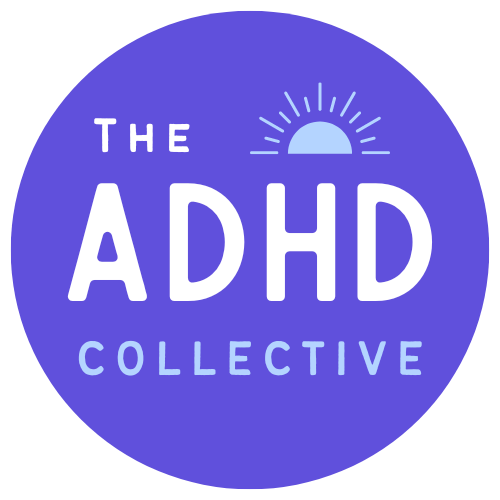Breaking Down Tasks Part One Webinar Recording
In this conversation, the speaker discusses the challenges of breaking down tasks into smaller steps, particularly the 'wall of awful' that can hinder productivity.
They share strategies to overcome this wall, such as acknowledging feelings, adjusting expectations, using positive reinforcement, and simplifying tasks.
The speaker also emphasises the importance of breaking down tasks into granular steps to understand the underlying emotional blocks that hinder productivity, and shares strategies such as the 'alien challenge' and auditing to help individuals identify and overcome these blocks.
Additionally, the speaker discusses the unique challenges faced by individuals with ADHD when attempting to complete tasks, including difficulties in breaking down complex tasks into manageable steps due to executive function challenges.
They emphasise the importance of breaking tasks down and finding ways to prioritise them to overcome these challenges.
Action Items
[ ] Complete the "alien challenge" of writing out task instructions at a granular level for practice breaking down steps
[ ] Audit personal challenges with starting tasks - observe specifically what emotions, situations, etc. make tasks difficult and look for patterns
[ ] Consider reviewing previous resources on perfectionism to prepare for next week's discussion of strategies
Outline
Breaking down tasks and projects with ADHD.
* The speaker excitedly shares their experience seeing Northern Lights in North Yorkshire.
* They encourage attendees to share their questions, comments, and experiences on breaking down tasks.
* The speaker struggles with breaking down tasks or projects into smaller steps.
* They find it hard to focus on the middle part of a project, but are good at big picture thinking and details.
Challenges with breaking down tasks for individuals with ADHD.
* The speaker struggles with everyday tasks due to ADHD, despite excelling in complex areas.
* They highlight executive function challenges in ADHD, including working memory, task initiation, impulse control, emotional control, flexible thinking, organisation, and self-monitoring.
* The speaker emphasises that training alone cannot solve these challenges, as people with ADHD know what to do but struggle to execute.
* They struggle with tasks due to lack of clear outcome definition
* The speaker compares neurotypical task execution to their own thoughtful process
Challenges with ADHD, including time blindness, difficulty breaking tasks into steps, and overwhelming options.
* The speaker struggles with time blindness and task breakdown due to ADHD.
* They struggle with embedding habits due to an overwhelming number of possibilities.
Challenges with focus and task completion for individuals with ADHD.
* The speaker describes feeling overwhelmed by complex tasks, struggling to break them down into manageable steps.
* They discuss the tendency to jump ahead to the end goal without addressing smaller steps, leading to missed opportunities or mistakes.
* The speaker struggles to eat an elephant one bite at a time due to clutter and distractions.
* They face obstacles and hurdles in completing tasks, including losing equipment and forgetting tools.
* The speaker describes differences in brain activity between ADHD and non-ADHD brains during task completion.
ADHD challenges, including emotional barriers and task initiation.
* The speaker discusses challenges with intentional focus and hyperfocus for ADHD brains.
* They discuss the "wall of awful" concept coined by Brendan Mahan, explaining the emotional barrier that hinders task initiation and completion.
Breaking down tasks for individuals with ADHD using strategies like the "alien challenge" and auditing.
* The speaker finds breaking down tasks into smaller, manageable steps helps mitigate ADHD challenges.
* They discuss breaking down tasks into granular detail to overcome perfectionism and improve productivity.
* The speaker suggests an "alien challenge" exercise to identify sweet spots and blockages in task completion.
* They observe themselves and others, identifying emotional blocks to completing tasks.
* The speaker suggests breaking tasks down into smaller steps to overcome emotional challenges.
